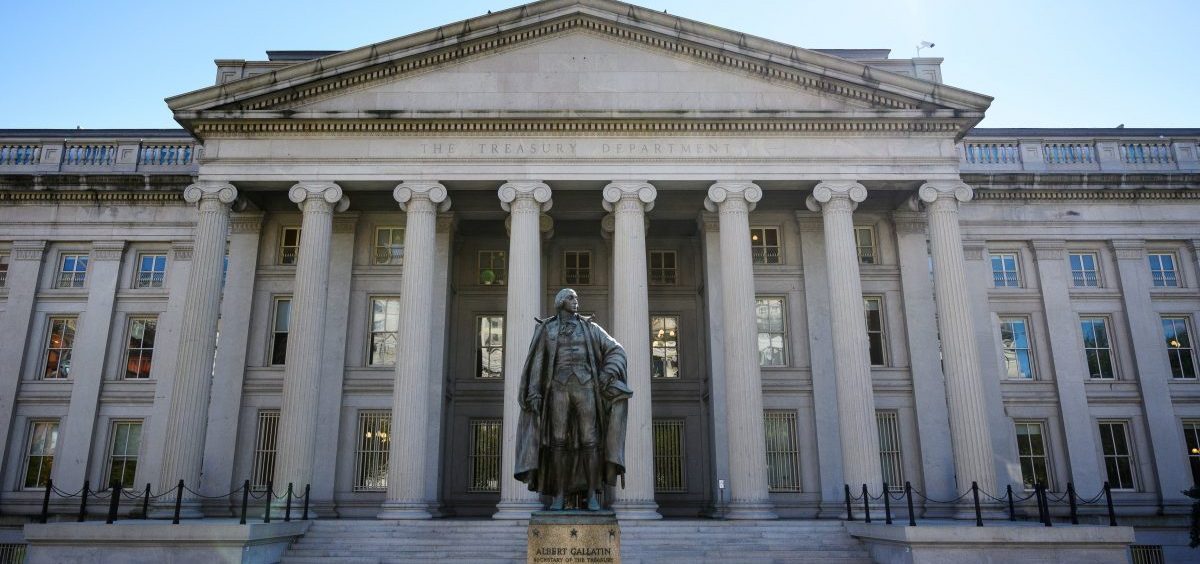News

A Warning About U.S. Credit Rating Could Signal Higher Interest Rates
By: Avie Schneider | NPR
Posted on:
A major credit rating agency is warning that it will reconsider the nation’s AAA rating if the partial U.S. government shutdown continues into March and raises doubts about the ability of Congress to lift the debt ceiling.
A downgrade of the nation’s pristine credit rating could lead to higher borrowing costs for the U.S. Treasury, companies and consumers.
A number of government agencies have not been funded since Dec. 21 amid President Trump’s insistence that Congress provide $5.7 billion for a wall along the border with Mexico.
With a total debt of nearly $22 trillion and rising, the government’s borrowing limit must be periodically raised by Congress.
Fitch, one of three major credit rating agencies, warned Wednesday that uncertainty created by the 2 1/2-week shutdown could lead to doubts about whether lawmakers will be able to agree on raising the debt ceiling.
“If this shutdown continues to March 1 and the debt ceiling becomes a problem several months later, we may need to start thinking about the policy framework, the inability to pass a budget … and whether all of that is consistent with triple-A,” James McCormack, Fitch’s global head of sovereign ratings, said in London, according to Reuters. “From a rating point of view it is the debt ceiling that is problematic,” he added.
The only previous downgrade for the U.S. government occurred in 2011, when Standard & Poor’s lowered its long-term credit rating to AA-plus. S&P cited the government’s inability to get its fiscal house in order.
9(MDI4ODU1ODA1MDE0ODA3MTMyMDY2MTJiNQ000))

